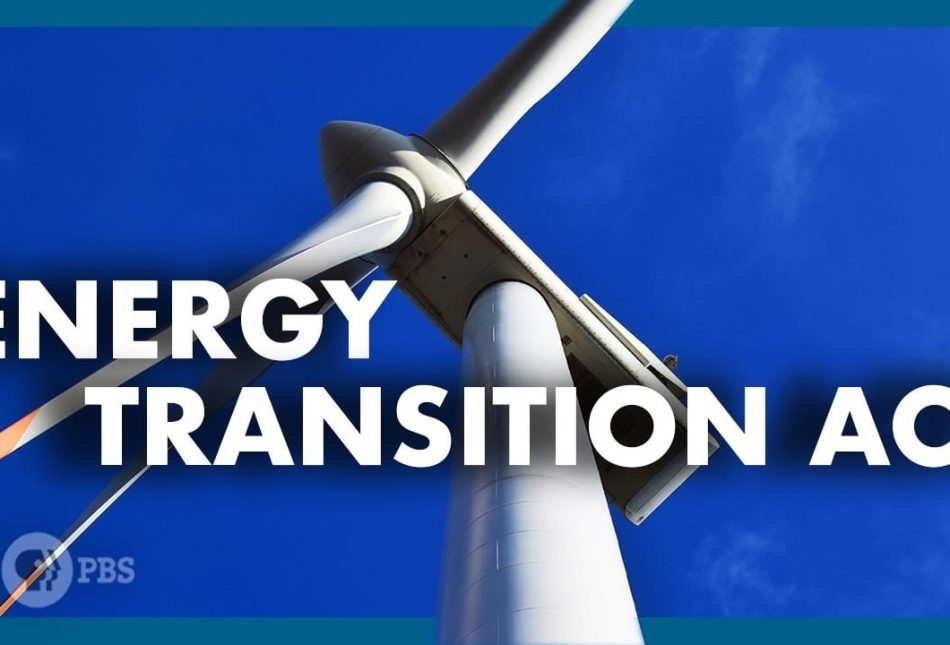What’s wrong with the ETA?


The following appeared in the Santa Fe New Mexican on August 3, 2019. More details on Mr. Costello can be found here.
I have written and studied electricity markets and regulations for almost 40 years. As a New Mexico resident, I have some deep concerns about the Energy Transition Act, which passed the Legislature this year and is now being implemented.
The San Juan Generating Station in the Four Corners will be shut down in 2022 and hundreds of megawatts of natural gas electricity generation will be shut down in the years ahead as part of an effort (under the legislation) to be 50 percent “renewable” by 2030.
Instead of the ETA, what New Mexico needs is a rational dialogue on new technologies. This discussion has not taken place because politically powerful interest groups including environmentalists, unions and the Public Service Company of New Mexico — the “iron triangle” — got together to stick it to ratepayers who don’t have a real voice in Santa Fe.
One example is those groups that regard anything less than a maximum effort to address climate change as morally objectionable and a social injustice. This obsession with climate change can threaten other policy objectives, like reasonable and stable rates, economic growth and reliable electric service. We should not be dumbfounded if this happens in New Mexico.
What we know for sure is that the ETA won’t have any detectable effect on climate change. No state action — even in California, let alone in New Mexico — would accomplish much in reducing global temperature. This means that politicians and other ETA advocates are asking — more accurately, forcing — New Mexicans to squander their money on something that would have almost next to zero benefits from reducing climate change.
Surely we can find better ways to spend our money. Supporters of the ETA talk about social justice in terms of our obligation to future generations to combat climate change. What about the obligations to the current generation? Especially troublesome is the effect on low-income households that will be forced to pay higher electricity prices and suffer less reliable electricity service because of a government action pushed by those who want to promote their agenda.
The ETA represents classic rent-seeking, namely a “sweetheart deal” where certain groups leverage their political clout in gaining governmental favors at the expense of the general public. It guarantees PNM recovery of its costs as long as it complies with the act, and it appeases environmentalists by subsidizing wind and solar to replace fossil fuels such as reliable, affordable and abundant natural gas.
To wit, the act requires the majority of PNM’s customers to fund the advancement of social objectives through inflated electricity rates without compensatory benefits. Here we are talking about the socialization of costs for nontraditional utility activities, like assisting displaced workers or advancing technologies that are not cost-effective, that benefit only a distinct few. In a nutshell, that is the ETA.
The Energy Transition Act is also anti-consumer by eroding the authority of the Public Regulation Commission to disallow from rates PNM’s imprudent costs. This shift toward cost-plus regulation diminishes the incentives of PNM to minimize its costs in serving its customers by creating a “moral hazard” environment: PNM has little or no financial risk, yet it manages the assets and makes critical decisions that affect risk. This means less consumer protection from PNM’s monopoly power. New Mexico needs stronger consumer advocacy to protect electricity consumers from legislation like the ETA.
Energy policies generally overstate the problem being addressed, fail to recognize the role of market dynamics in mitigating the problem and understate the cost of policy initiatives — for example, the costs of mandating renewable energy and subsidies. The ETA has all of these defects, which have the effect of dragging down the New Mexico economy in the coming years.
Advocates perceive the Energy Transition Act as one of those energy acts where everyone stands to benefits and no one loses. Well, like most things, there are two sides. The side that ETA advocates shoved behind the curtain portrays a government action that not only has blemishes but warts that will likely inflict long-term harm to New Mexico.
Ken Costello is an adjunct scholar on energy policy with New Mexico’s Rio Grande Foundation. The Rio Grande Foundation is an independent, nonpartisan, tax-exempt research and educational organization dedicated to promoting prosperity for New Mexico based on principles of limited government, economic freedom and individual responsibility.
